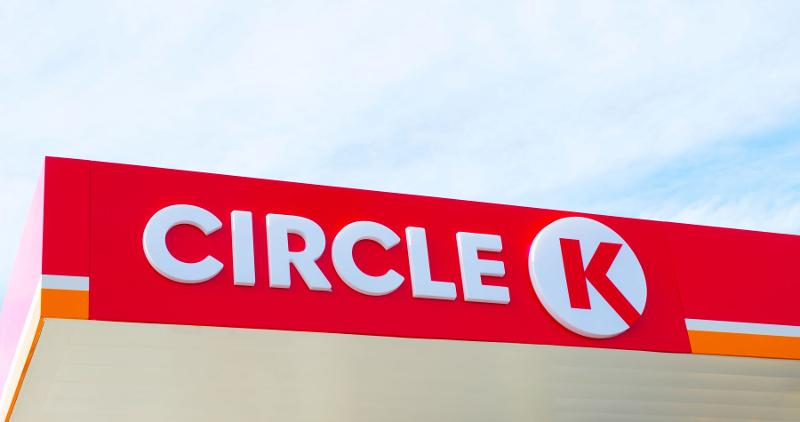

It’s been an exceptionally busy week in the world of convenience-store acquisitions.
And it’s only Tuesday.
On Monday, the parent company of Circle K and Holiday Stationstores, Alimentation Couche-Tard, made a $38 billion offer to buy Seven & i Holdings, the owner of 7-Eleven.
The deal would combine the country’s two largest c-store chains. (Imagine if McDonald’s bought Starbucks.)
That same day, Quebec-based Couche-Tard also said it planned to buy the roughly 270-unit GetGo Café + Markets convenience stores from the Pittsburgh-based Giant Eagle grocery chain.
It’s huge news for the c-store industry, one that’s reminiscent of the proposed $24.6 billion Kroger-Albertsons merger that’s still winding its way through the courts. If approved, that deal would combine the country’s two largest grocers.
All of this consolidation raises a host of concerns for consumers who have already cut back on spending due to inflation at the grocery store and in restaurants.
But there’s another big issue here:
What does this mean for foodservice inside convenience stores?
There is no question that c-stores are a growing source of competition for quick-service restaurants. Restaurant Business’ sister data firm Technomic, in fact, recently reported that c-store foodservice sales growth is expected to outpace that of fast-food concepts this year.
“Consumers appear to be increasingly gravitating to prepared food and beverage offerings in convenience stores, ramping up the competitive intensity between c-stores and QSRs, and making 2024 a potentially pivotal year for foodservice in convenience,” Technomic Principal Donna Hood Crecca wrote in a recent blog post.
For example, 40% of consumers said they were paying fewer visits to quick-service restaurants, while 19% of those surveyed said they were buying more food from convenience stores than they were a year ago.
Technomic also found that the average price of a chicken sandwich at a QSR was nearly double that of those sold in c-stores.
In the case of Couche-Tard, the ink was barely dry on the Giant Eagle deal before the retailers said food would continue to be a major source of focus for the brand.
“Couche-Tard is planning to carry forward the incredible legacy GetGo has built, including its excellent customer service and its food-first approach to convenience,” Giant Eagle said in a statement.
If its deal goes through, Circle K would pick up a thriving foodservice operation in 7-Eleven. The Irving, Texas-based retailer already goes head-to-head with limited-service chains, operating the Laredo Taco Company, Speedy Café and Raise the Roost Chicken and Biscuits restaurant brands.
Couche-Tard’s foodservice program, meanwhile, is less well developed.
In June, the retailer reported that its “Fresh Food Fast” platform is available in 5,800 of its more than 16,700 global locations, and it has long said that it aims to dominate the beverage market.
Couche-Tard said food made up about 12% of its sales systemwide, with the goal of driving up that number to 20%.
In its planned acquisition of 7-Eleven, it would pick up a food powerhouse—one that should give restaurant operators some pause.
Members help make our journalism possible. Become a Restaurant Business member today and unlock exclusive benefits, including unlimited access to all of our content. Sign up here.